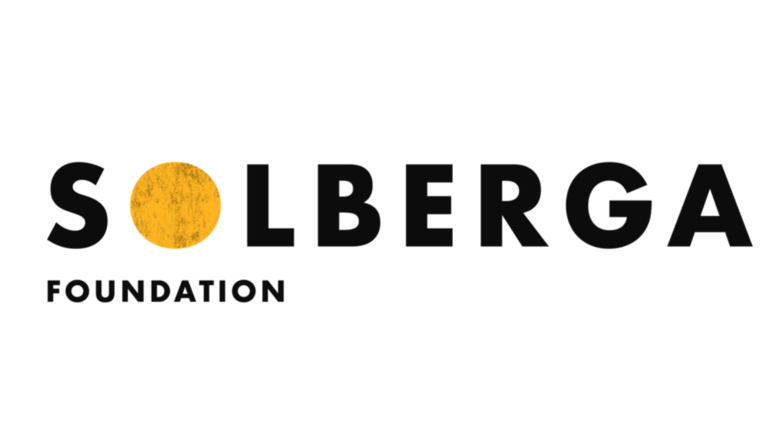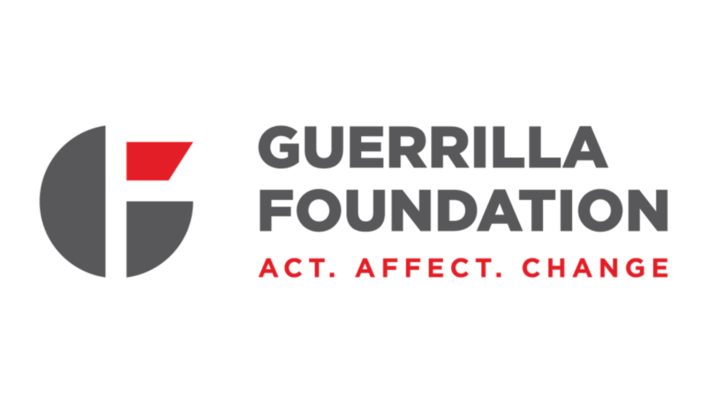Solberga Foundation
The Solberga Foundation is an independent family foundation established in 2019 in the UK. The foundation supports transformative social movements and organisations working for social justice. The intersections between climate, gender equality and animal rights are at the heart of the foundation's mission.
Kristina Johansson
Founder
Rationale
To tackle the climate crisis, power needs to be built from below. Grassroots movements led by or comprised of communities of colour, low-income and indigenous people are the most affected by the climate crisis. The Solberga Foundation believes they can describe the present problems in clearest terms and, what is more, point towards feasible and just solutions.
In addition to being an important strategy in tackling climate change, funding Grassroots Support enhances the participation of local voices in decision-making, thus increasing community resilience on all fronts.
Application in Practice
Long-term partnerships at eye level are essential to building stable movements and resourcing them to lead on climate justice.
For this reason, the Solberga Foundation supports Thousand Currents, a re-granter committed to resourcing grassroots movements mainly in the Global South. Apart from grant-making, Thousand Currents acts as an intermediary, working to increase funders engagement, understanding and solidarity with grassroots movements. This includes educational programmes in social justice and trust-based philanthropy practices.
Furthermore, the Solberga Foundation awards direct grants to grassroots groups and individuals involved in climate activism. Regular and informal discussions with grantees help the Solberga Foundation to provide the support grantees need without the restrictions of fixed donor-driven goals.
Expected Results
Grassroots movements provoke systemic change. But this does not happen overnight. Hence, short term impact measures are of limited use when assessing the success of movements. However, historical evidence shows that grassroots movements significantly contributed to reshaping public and political discourse and influencing political decisions.
The Stop Cambo campaign supported by the Solberga Foundation, for example, has led to public mobilisation against offshore oil and gas development in the UK, resulting in investor sentiment about the North Sea basin turning from “excitement to despair”.
Lessons Learned
What has worked well?
- Use workarounds for administrative challenges: Many grassroots groups are not constituted as a legal entity and thus face administrative challenges such as receiving funds. Using fiscal hosts such as Climate 2025 or other NGOs who can be fiscal sponsors or pass throughs make for tested alternatives.
- Foster storytelling: Funding trainings that equip grassroots leaders with communication and narrative skills helps grassroots movements have their voices heard. Organisations such as NEON offer a wide range of media training programmes to skill up grassroots movements to communicate their messages more strategically.
- Provide basic support: Covering the costs of rental spaces at climate conferences, accessibility needs, providing speakers' fees or funding legal training are low-risk ways for Grassroots Support. While these measures are not costly, they have a crucial impact on the inclusion of marginalised voices.
What are opportunities for new funders?
- Close the funding gap: Despite the importance of Grassroots Support, philanthropic funding lacks far behind. In Europe, less than 1 percent of climate funding follows this strategy. Incorporating the role of grassroots movements into your current strategy helps to close this gap and can have an outsized impact.



